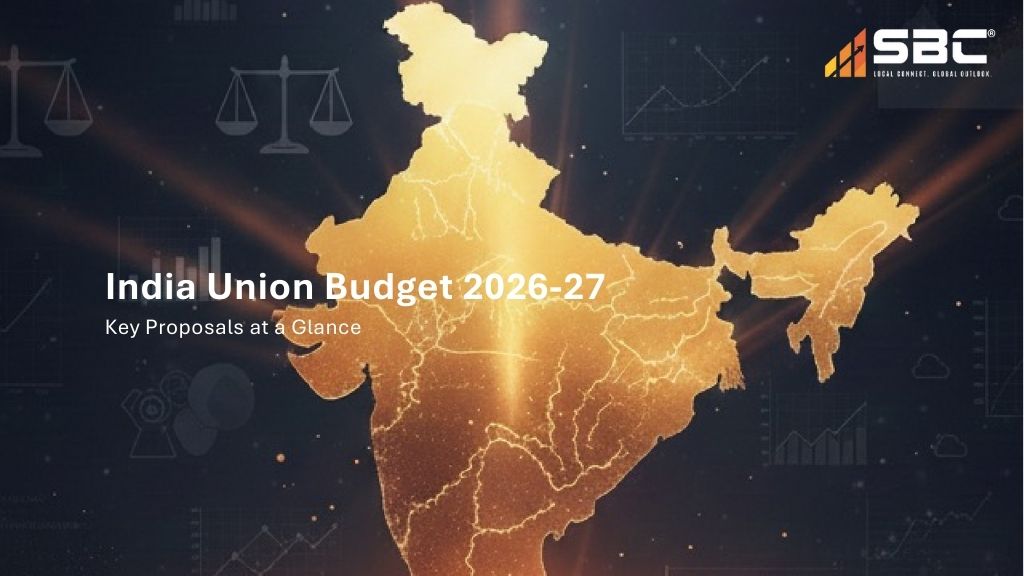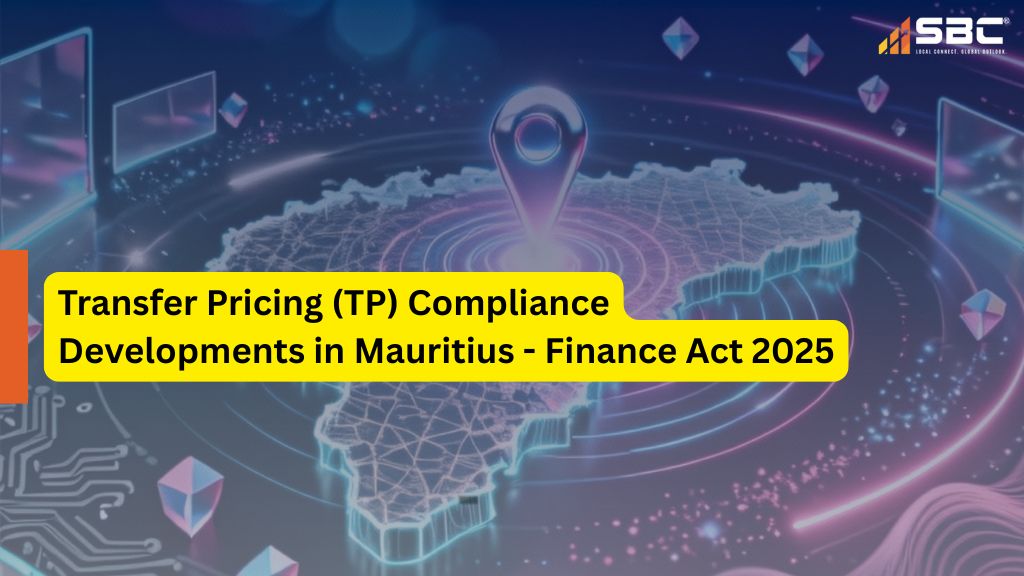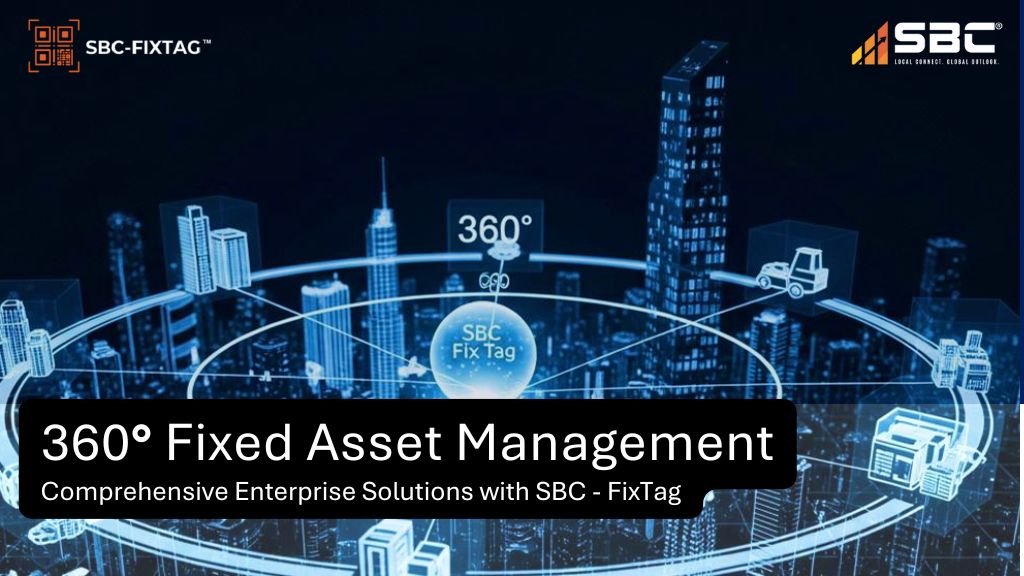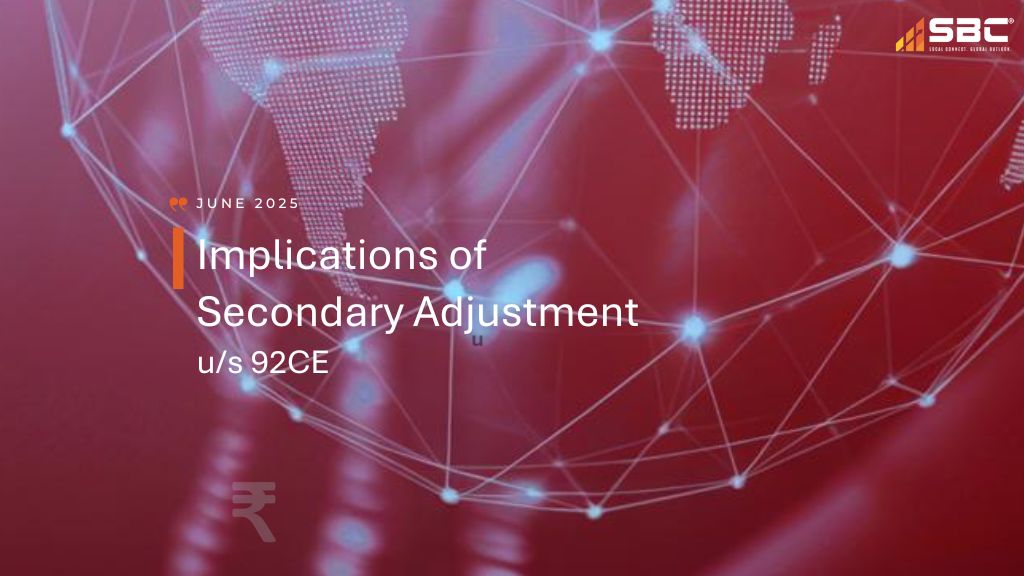AP Integrated Clean Energy Policy 4.0
Home > AP Integrated Clean Energy Policy 4.0
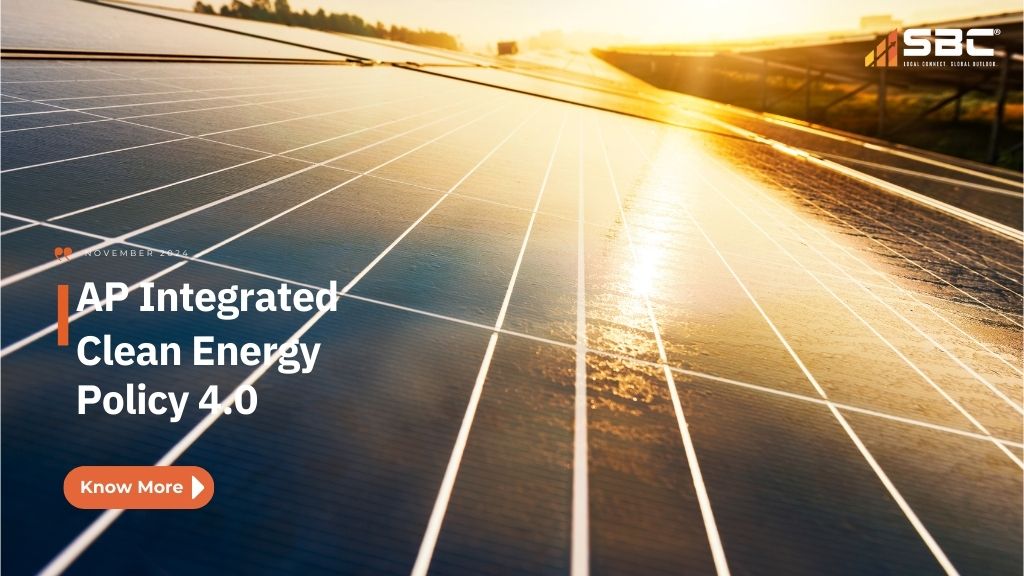
November 18, 2024
Introduction
India’s government has set ambitious climate goals in line with its Nationally Determined Contributions (NDCs), aiming to install 500 GW of renewable energy (RE) capacity by 2030. A key part of this effort is the “National Green Hydrogen Mission” launched in 2023, targeting 5 million tonnes of green hydrogen production per year by 2030 to establish India as an export leader in clean fuel. Andhra Pradesh has emerged as a renewable energy leader, expanding its RE capacity from 1.3 GW in 2014 to 9.5 GW in 2024. To further advance these goals, the state government introduced the “Andhra Pradesh Integrated Clean Energy Policy, 2024. ”This policy seeks to add over 160 GW of RE capacity and attract investments worth INR 10 lakh crore, potentially creating 750,000 jobs. This policy aims to establish Andhra Pradesh as a clean energy hub and foster economic self-reliance.
Operating Period and Policy Scope
The Policy is set to operate for five years from its issuance date (i.e., from 30-10-2024), focusing on various clean energy technologies, including
Solar Power
Wind Power
Wind-Solar Hybrid Power
Mini and Small Hydro
Energy Storage
Green Hydrogen and its derivatives
Biofuels
Electric Mobility-EV Charging Infrastructure
Renewable Energy Manufacturing Projects
All Clean Energy Projects and RE Manufacturing Projects availing incentives under this policy shall not be eligible for any additional incentives under the AP Industrial Development Policy (IDP) or other policies issued by GoAP .
Migration of Projects from Previous Policies
Projects approved under previous policies may migrate to this policy if they meet conditions, such as demonstrating progress. Migrated projects must comply with the new policy’s charges and timelines but may adjust previous payments made under earlier policies.
All the projects allocated under previous policies that are unable to migrate because of non- adherence to timelines stated therein and also not commissioned / that have not been completed as per the timelines including extension(s)/ conditions shall be treated as deemed cancelled and the allocated resources will be made available for fresh allocation under the ICE policy
Eligibility for Clean Energy Projects
Entities Eligible
Registered companies, government entities, partnership firms, individuals, and all APDISCOM consumers can establish clean energy projects for electricity sale or captive use, per the Electricity Act – 2003, as amended from time to time.
Project Requirements
Developers must submit a Detailed Project Report (DPR) to the State Nodal Agency (State Nodal Agency ) outlining technical and financial capabilities.
Evaluation by State Nodal Agency
State Nodal Agency will assess current capacities and the technical, financial, and commercial feasibility of proposals, ensuring developers have the necessary capabilities.
Technical Experience
Developers should have prior experience in renewable energy (RE) or relevant infrastructure projects.
Net Worth Requirements
• Solar: Rs.50 Lakhs/MWp
• Wind: Rs.100 Lakhs/MW.
• Pumped Storage Power, small and Mini Hydro: Rs.50 Lakhs/MW.
• No net worth requirement for RE manufacturing, Green Hydrogen (GH), and Biofuel projects, but a Detailed Project Report (DPR) is mandatory.
Land Facilitation, Power Evacuation, and Allotment
1. Land and Substation Availability: The State Nodal Agency (State Nodal Agency ) will provide a quarterly list of available government land parcels, while APTRANSCO will list substations suitable for power evacuation.
2. Land Allotment Process: Developers must apply for land allotment to the respective government department. State Nodal Agency will facilitate the process by coordinating between the department and developers.
3. Lease and Allotment Terms: Government land can be leased to developers for up to 30 years (or 33 years for Pumped Storage Power, Mini, and Small Hydro Projects) as per the Andhra Pradesh Land Allotment Policy 2012. Land used for Clean Energy Projects will receive deemed non-agricultural status, with applicable land conversion fees exempted.
4. Land Purchase Option for Pumped Storage Power & Hydro Projects: Developers of Pumped Storage Power and Mini/Small Hydro projects can opt to buy government land outright at a minimum rate of INR 5 lakh per acre.
5. Lease Rates: Different rates apply based on the project type:
- Clean Energy Projects: INR 31,000/acre/year, with a 5% increase every two years.
- Biofuel Projects: INR 15,000/acre/year (only for government land), with the same 5% escalation.
- Green Hydrogen Hubs: INR 1,00,000/acre/year (only for government land at ports).
6. Forest Land: Developers must apply through the State Nodal Agency for forest land allocation per the forest department’s guidelines.
7. Private Land: Developers planning projects on private land must handle land acquisition independently.
Resource Allocation
State Nodal Agency’s Role in Resource Allocation and Land Prioritization-
- Facilitation by State Nodal Agency: The State Nodal Agency will help developers with resource allocation and project feasibility checks with APTRANSCO/APDISCOMs.
- Allocation Basis: Resources will be allocated on a first-come, first-served basis. However, Renewable Energy (RE) Manufacturing and biofuel projects, which generate high employment, will receive priority.
- Priority for Land Allocation: Land is allocated based on project value addition (INR per acre) in the following priority order:

Statutory Clearances
a) All the Clean Energy Projects (except Pumped Storage Power, Mini & Small Hydro projects) shall be exempted from obtaining any NOC/Consent for establishment under pollution control laws from the AP Pollution Control Board.
b) In case of Pumped Storage Power, Mini & Small Hydro projects, the State Nodal Agency shall facilitate in faster issuance of Environmental Clearances (EC) & Forest Clearances (FC).
Renewable Energy Certificate (REC)
• Projects developed under this policy are eligible for Renewable Energy Certificate (REC) benefits, following APERC Renewable Power Purchase Obligation regulations, 2022, and any future amendments.
• Deemed injection of in-house or co-located solar generation by prosumers is also eligible for REC benefits per guidelines in APERC Regulation No. 5 of 2022.
Single Window Clearance
NREDCAP will develop a portal for facilitating single window clearance for all projects under this policy. The services of this single window clearance portal will be made available to all the projects under this policy for obtaining time-bound statutory clearances.
Download To Know More About Projects and its Incentives
Project Timelines
- Projects using resources allocated by GoAP must follow policy-defined timelines; projects allocated via bidding without state resources follow bid document and Power Purchase Agreement timelines.
- Projects with land and resource allocation by SNA must meet milestones set by the SNA, divided into two phases: Allotment and Project Construction Schedule.
- Allotment Phase: Requires meeting 7 milestones, including payment of fees, DPR approval, connectivity approval, land agreement, and financial closure.
- Construction Schedule Phase: Requires meeting 4 milestones, including equipment order, construction start, mid-term status, and project commissioning
- PSP projects may receive a maximum extension of 12 months, while other projects are eligible for a 6-month extension.
- Developers must return resources to SNA within 14 days of cancellation notice, allowing reallocation to others.
- SNA grants time extensions at INR 20,000 per MW/month (plus GST).
- Additional delays (beyond 6/12 months) incur a penalty of 0.25% of project cost per quarter, up to 6 months. No incentives apply beyond this period.
- If only part capacity is commissioned within the allowed time, the remaining capacity is canceled, and the Performance Bank Guarantee (PBG) for un-commissioned capacity is forfeited.
Policy Implementation
• The State Investment Promotion Committee (SIPC) and State Investment Promotion Board (SIPB) expedite investment decisions in Andhra Pradesh.
• NREDCAP receives, screens, and evaluates Clean Energy and RE Manufacturing investment proposals.
• After NREDCAP’s review, proposals go to the Energy Department, which submits them to SIPC.SIPC scrutinizes and forwards proposals to SIPB for review.
• SIPB recommends proposals to the Government of Andhra Pradesh, which has the final approval authority.
Where can SBC help
Our Incentives & Refunds team will assist you in
- Analyzing eligibility for Incentives and refunds
- Documentation review
- Application for Incentives and reimbursements
- Documentation review
- Resolving issues with authorities
Verify Email
Verify your email address below to download the PDF

